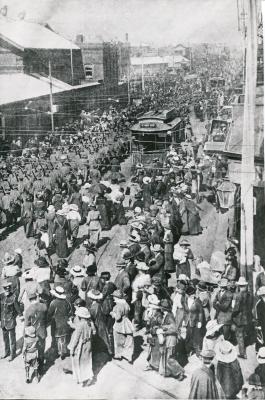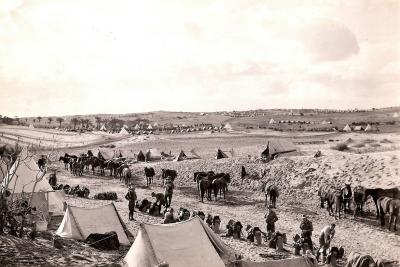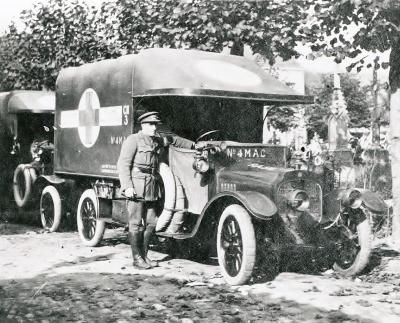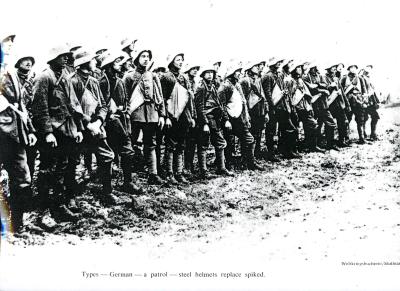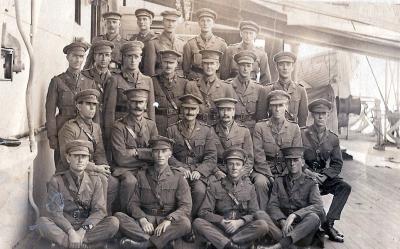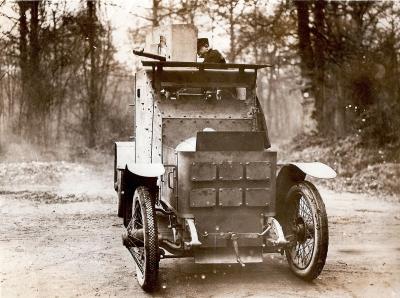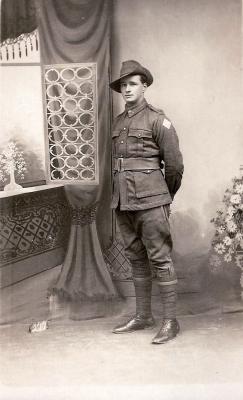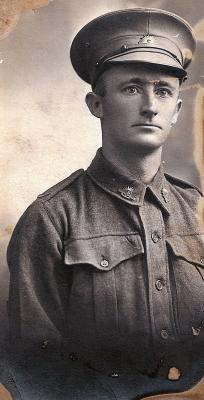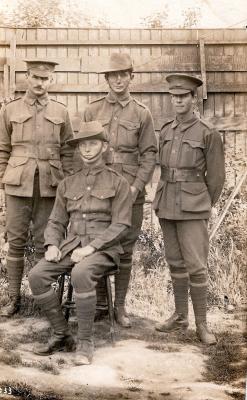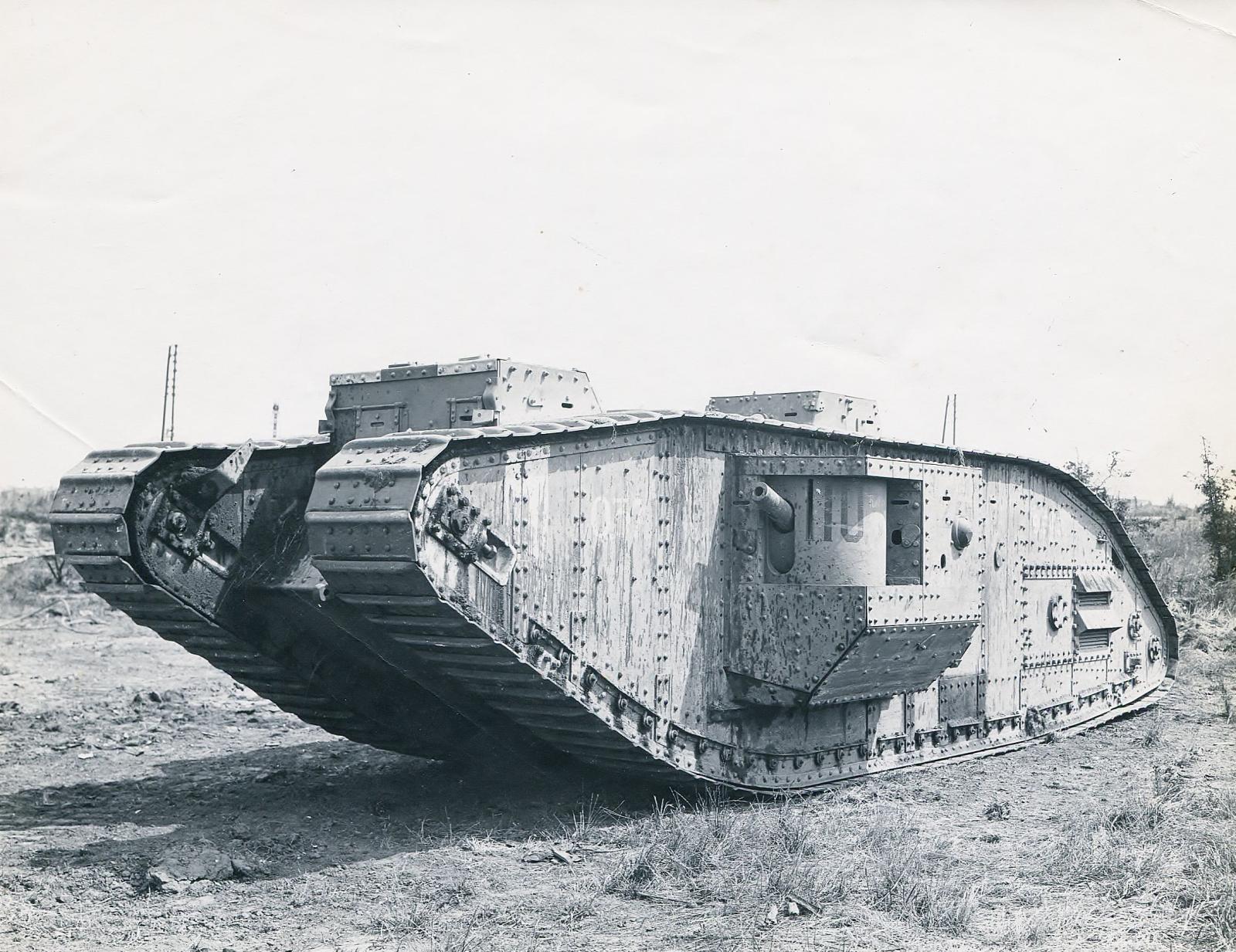World War 1, Europe, Western Front, Mk IV Tank,1918
1918Mark IV male tank. The Mark IV Male initially carried three Lewis machine guns – one in the cab front and one in each sponson and a QF 6 pdr 6 cwt gun in each sponson, with its barrel shortened as it had been found that the longer original was apt to strike obstacles or dig into the ground. The sponsons were not mirror images of each other, as their configuration differed to allow for the 6 pdr's gun-layer operating his gun from the left and the loader serving the gun from the right. The guns had a 100 degree arc of fire but only the starboard gun could fire straight ahead. The Female had five Lewis guns but no 6-pounders.
The Mark IV was a British tank of World War 1 introduced in 1917. It benefited from significant developments of the Mark I tank (the intervening designs being small batches used for training). The main improvements were in armour, the re-siting of the fuel tank and ease of transport. A total of 1,220 Mark IVs were built: 420 "Males", 595 "Females" and 205 Tank Tenders (unarmed vehicles used to carry supplies), which made it the most numerous British tank of the war. The Mark IV was first used in mid 1917 at the Battle of Messines Ridge. It remained in British service until the end of the war,
Details
Details
In the aftermath of the German spring offensive on the Western Front, the first tank-to-tank battle was between Mk IV tanks and German A7Vs in the Second Battle of Villers-Bretonneux in April 1918.
Australian Army Museum of Western Australia
Australian Army Museum of Western Australia
Other items from Australian Army Museum of Western Australia
- World War 1, Australia Western Australia, 1915
- World War 1, Australia Western Australia Perth Perth Railway Station,
- World War 1, Middle East, 10 Australian Light Horse, 1918
- World War 1, Europe, 1918
- World War 1, Europe, 1917
- World War 1, Europe, 1918
- World War 1, Europe, 1915
- World War 1, Europe, 1915
- World War 1, Australia Western Australia, BROAD, 28 Battalion, 1917
- World War 1, Europe, 3288 GOOCH, 44 Battalion, 1917
- World War 1, Australia Western Australia, 5350 BELL, 11 Battalion, 1916
- World War 1, Australia Western Australia, 11 Battalion, 1917
